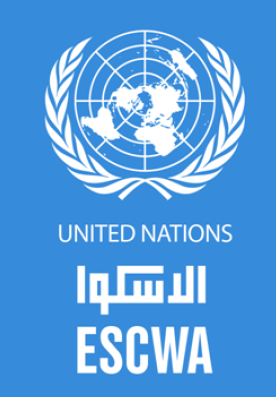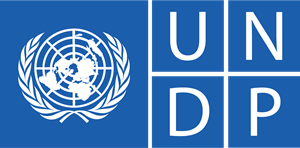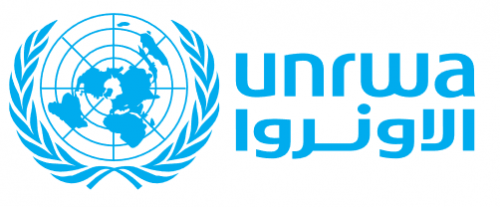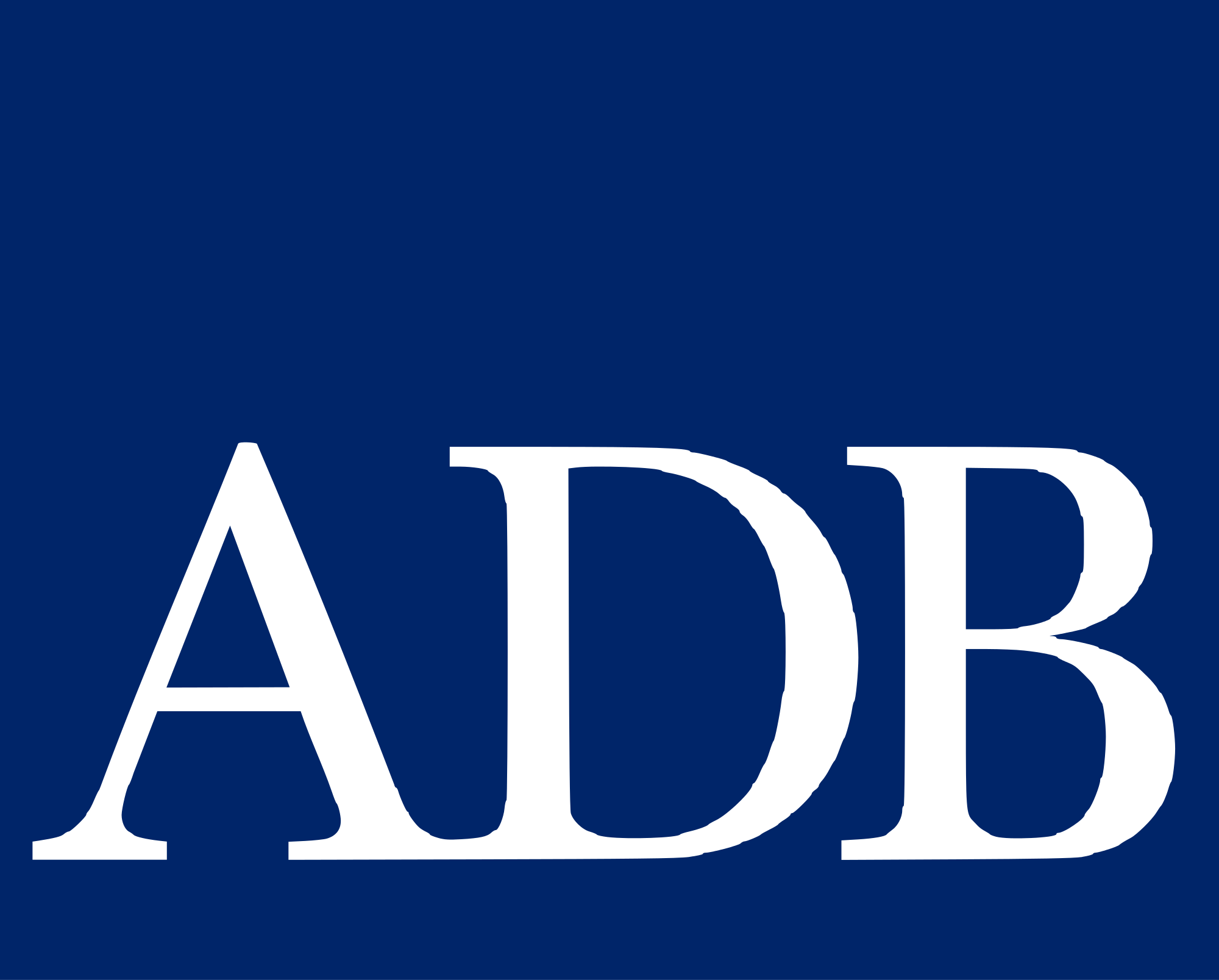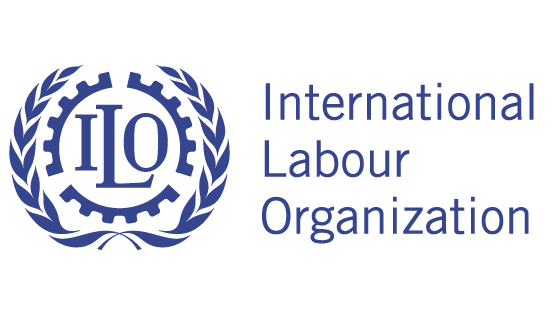Result of Service
The objective of this consultancy is to contribute to the development of the Job Monitor software tool to enhance economic and social analysis of job markets in the Arab region. The preliminary description of this tool is mentioned in Annex. handle the data scraping and the user interface. Annex: The desired tool will feature the following functionalities: 1. Scraping static online data. 2. Disaggregate the jobs of the future into sectors, subsectors, regions, years of experience, salary, occupation, primary skills, secondary skills over time. This can be presented as a dynamic feature for end users. 3. Dynamic Disaggregate traditional jobs in the same manner as point 1. 4. Monitor the change of traditional skills and see how skills are changing for the same job due to automation/ technology. In other words, check the evolution of the skill sets of a given job. 5. Forecast the growth of certain skills, jobs, sectors, career paths and regions overtime. Under the trend analysis tab, a forecast option could be included. 6. Provide evidence of the skills mismatch between demanded jobs and school attainments. 7. Comparative analysis between nations/subnational regional/sub regional, etc. 8. Possibility of adding new data sources. 9. Operate seamlessly with continuously updated live data. 10. Provide reports and export data according to job classification categories.
Work Location
UN House ESCWA
Expected duration
6 Months
Duties and Responsibilities
Background: The world is currently experiencing the Fourth Industrial Revolution. With this transition, the velocity of change and the sheer number of innovations are unprecedented. This revolution will inevitably eliminate many current lines of work yet has the capacity to bring in new lines of employment. The agility of this revolution makes the jobs of the future difficult to predict using traditional techniques. Given this background, this project will tackle three main issues: - The lack of timely information to monitor the dynamism of the labor market needs; - The mismatch between human capital accumulation and labor market demand; - Labor market policies and regulations are mostly outdated and unprepared for the impact of automation on jobs in most ESCWA countries. Almost all countries in the region are still heavily reliant on costly household/establishment survey data which is not carried out periodically. To assess job market policies, skill sets for newly created job categories that are and will continue to come about from the Fourth Industrial Revolution must be surveyed in a more innovative way. Without a new monitoring technique, information on the impact of technological change on available skill sets cannot be properly assessed. One finding that we can build on conventional survey (household establishment) results is that workers with higher educational attainment are expected to benefit the most from jobs in the formal sector if high-quality education is made available and better job market matching schemes are put in place. Looking at the ESCWA region, educational attainment over the past three decades, during which the region excelled in primary and secondary education (mid-skills), suggests that the population does not necessarily have adequate skills for newly created jobs. Also, in the absence of up-to-date and active labor market policies, the mismatch between market demand (especially in the formal sector) and education is translated into higher informal sector activities in most ESCWA countries. This project is expected to provide a forum for ESCWA countries to prepare for the Fourth Industrial Revolution (FIR) while factoring in the number of jobs needed between now and the attainment of the 2030 Agenda. The key aim is to support ESCWA States for the upcoming change in jobs and skills due to technological advancements taking place while considering the national characteristics. Ultimately, we will help member states harness job opportunities emerging from the advent of newer technologies, while taming challenges to attain outcomes stated in SDG-8
support member states sustain economic growth (8.1), reach high levels of economic productivity (8.2), promote productive activities (8.3), attain full productive employment and decent work for all (8.5) and reduce the number of youth not in employment, education or training (8.6). Duties and Responsibilities: The candidate will contribute to the development of the Job Monitor software tool to enhance economic and social analysis of job markets in the Arab region. The individual contractor shall carry the following duties: 1- Conduct various annotation workshops/trainings to prepare datasets for ESCWA's job monitor. This is very crucial as the quality of the annotated data determines the quality of the NER. This is a long process that needs time and close follow up. 2- Assist in data analysis (regular expression searches, data aggregations and reporting of KPIs) as well as structuring of raw data for their use as inputs to our ML models. 3- Conduct data analysis specific to the jobs in the Arab region, skills, gender, disabilities, SDGs. 4- Build an Arab taxonomy for skills. 5- Assist in other automation projects if needed. Qualifications/special skills
A Bachelor’s degree in computer science, mathematics, statistics, bioinformatics or related area is required. All candidates must submit a copy of the required educational degree. Incomplete applications will not be reviewed. A minimum of 2 years of professional work experience in artificial intelligence and machine learning with an emphasis on product development is required. A minimum of 2 years of experience using statistical computer languages (R, Python, SLQ, SPSS, STATA, etc.) to manipulate data and draw insights from large data sets is desirable. Knowledge of a variety of machine learning techniques (clustering, bagging, decision tree learning, artificial neural networks, data mining, data analysis, etc) is desirable A minimum of 2 years of experience in working in remote global teams with the ability to clearly communicate technical details to relevant audiences is desirable. A minimum of 2 years of experience and passion for a fast-paces and agile environment and delivering functional perfection in short time windows is desirable. A minimum of 2 years of experience in working for international non-governmental organizations such as INGOS, UN bodies and other relevant structures is desirable. A minimum of 2 years of experience in data science and NER human intervention is desirable. Professional written and verbal communication skills is desirable.
Languages
English and French are the working languages of the United Nations Secretariat; and Arabic is a working language of ESCWA. For this position, fluency in English is required and fluency in Arabic is desirable. Note: “Fluency” equals a rating of ‘fluent’ in all four areas (speak, read, write, and understand) and “Knowledge of” equals a rating of ‘confident’ in two of the four areas
Additional Information
Recruitment for this position is on a local basis. The incumbent is required to have the legal right to live and work in the specified working location.
No Fee
THE UNITED NATIONS DOES NOT CHARGE A FEE AT ANY STAGE OF THE RECRUITMENT PROCESS (APPLICATION, INTERVIEW MEETING, PROCESSING, OR TRAINING). THE UNITED NATIONS DOES NOT CONCERN ITSELF WITH INFORMATION ON APPLICANTS’ BANK ACCOUNTS.
